First steps towards a European Health Union?
The European Union pleads for more coordination and cooperation among members states in the healtcare sector.

Eugen Coroianu, 12.11.2020, 13:50
The European Commission proposed on Wednesday the setting up of a European Health Union able to give a coordinated response to future health emergencies. The idea came as a reaction to the fragmented actions of the member states’ governments, during the coronavirus pandemic that has gripped the continent again this autumn. A special agency is to be created in order to guarantee that the Union will have, in the future, the means and instruments that it needs, by strengthening cooperation and coordination in the EU.
At a press conference on building the European Health Union, European Health Commissioner, Stella Kyriakides, has said: “The past year has taught us how crucially important health is for each and every one of us. It has shown us how fragile our societies are and how fast everything can be turned upside down by something so small that it is invisible to the naked eye. It has taught us that health is a precondition for our societies and economies to function. And it has reminded us of the value of solidarity and cooperation, and being united in diversity to overcome the biggest health crisis in modern times.”
The European official also said that, in the event of a health emergency, the Union needs to rapidly deploy the most advanced measures, to know the biomedical innovations that are crisis-relevant and to have the capacity to develop or procure and stock the necessary items. The new agency may function after the model of the American Biomedical Advanced Research and Development Authority (BARDA), which is subordinated to the US Health Department and has important means to collaborate with research labs. According to some proposals, the EU will be able to declare the state of health emergency on its territory in coordination with the World Health Organization, but in an independent manner. It remains to be seen what happens next, given that member states have so far been reluctant to give up their prerogatives in terms of health decisions.
In a first stage, the European Centre for Disease Prevention and Control (ECDC) and the European Medicines Agency (EMA), may extended their mandate to better monitor the country’s capacity and the number of available hospital beds. Stella Kyriakides has also said that the vaccine ordered by the Commission from BioNTech and Pfizer will reach all member states after the authorization documents are submitted to the European Medicines Agency. There will be 200 million doses, with the option of purchasing an additional 100 million. The contract was signed after vaccine producers announced that the vaccine has an efficiency rate of more that 90% in preventing the disease, according to initial data resulted from a comprehensive Phase 3 study. The European Commssion has also signed vaccine supply contracts with AstraZeneca, Sanofi and Johnson&Johnson and also carries out negotiations with other pharmaceutical companies. (Translated by Elena Enache)






























